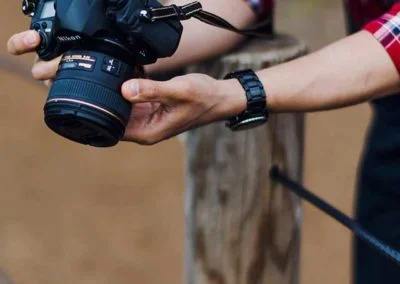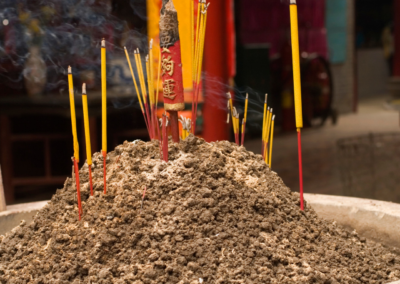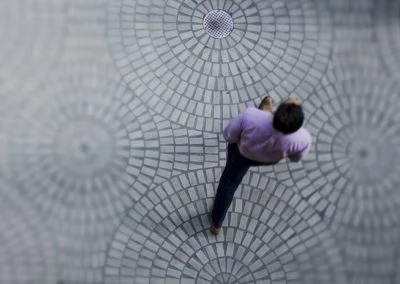Team of 5 members at IIT – Roorkee have built world’s explicit bacterial biosensor that detects the presence of ecological poison
The bacterial biosensor detects the presence of basic ecological poison, Sodium Dodecyl Sulfate/Sodium Lauryl Sulfate (SDS).
SDS is broadly utilized in cleansers, toothpaste, creams, shampoos, clothing cleansers in housefolds, farming activities, research centers, and industries. Its disposal in waterways causes unsafe consequences for aquatic life forms, ecological microcosms, and related living beings other than deteriorating the nature of drinking water. This objective of the study was to develop a novel biosensor for the detection of a detergent Sodium Dodecyl Sulphate /Sodium Lauryl Sulfate (SDS) in environmental samples.
“Until now, there were no specific biosensors developed to date for the detection of SDS with high precision. The IIT Roorkee team has developed a whole-cell biosensor using Pseudomonas aeruginosa PAO1 strain as a framework (chassis). The system involves a highly specific regulator along with a fluorescent protein that is produced only when SDS is present in the sample. The system can even detect 0.1 ppm of SDS in aquatic samples,” the release stated.
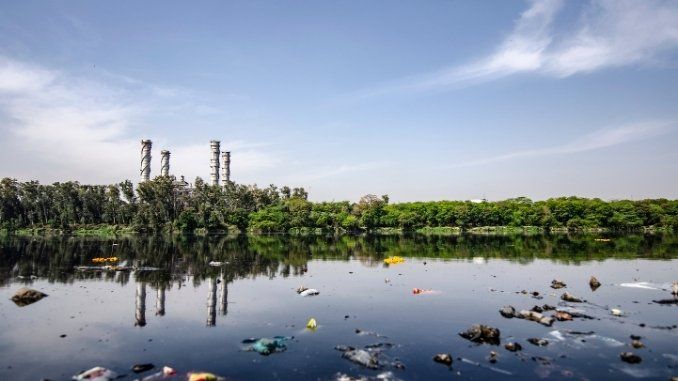
This biosensor is explicit for SDS and has negligible impedance from other cleansers, metals, and inorganic particles present in the environment. In contrast to traditional techniques, it can undoubtedly recognize intently related cleansers SDS and SDBS (Sodium Dodecylbenzenesulfonate).
Pseudomonads have an inherent capability to be used as an optimal destination framework for synthetic biology applications. The selected species of Pseudomonas can be engineered to detect various chemicals owing to their resilient nature to survive and adapt to harsh environmental conditions. The highlight of this research is the development of the world’s first whole-cell bacterial biosensor for the direct, specific and efficient detection of SDS without involving sample preparation steps, toxic chemicals, sophisticated polymers and sensor development steps,” said Sourik Dey, final year MSc student at IIT Roorkee.
“SDS, if untreated, can harm the marine biodiversity and cause pollution of land and water-bodies. The highlight of this biosensor is its sensitivity to even minute quantities of SDS in the environment and its ability to distinguish between SDS and SDBS,” said Prof Naveen Kumar Navani, Department of Biotechnology, IIT Roorkee.
The biosensor showed a satisfactory and reproducible recovery rate for the detection of SDS in real samples of sewage water, river water, and pond water.
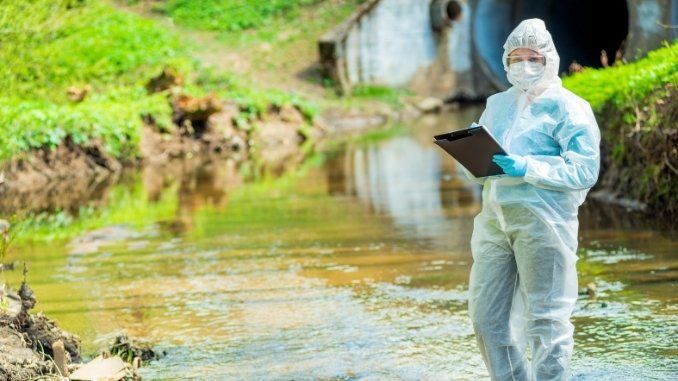
As per the release, SDS has diverse applications in the industrial sector as an emulsifier, food processing agent, stabilizer, leather softening, foaming, flocculating, and cleaning agent. It is the key pollutant in domestic discharges and industrial effluents. The constant deterioration of the quality of drinking water and the harm caused to marine life are some of the major concerns.
“SDS has harmful effects on the survival and breeding of organisms in the aquatic ecosystem as it hampers their biological processes such as solubilization of phosphate, reduction of ammonia, nitrogen fixation and photosynthesis,” the release said.
It can cause dermal and ocular irritation, cardiac anomaly, hemolysis, tachycardia, kidney failure, and even death. SDS can also disrupt biological wastewater treatment processes and cause problems in sewage aeration and treatment facilities owing to its high foaming capacity.
The post IIT-Roorkee group creates bacterial biosensor to recognize polluting detergents appeared first on .


